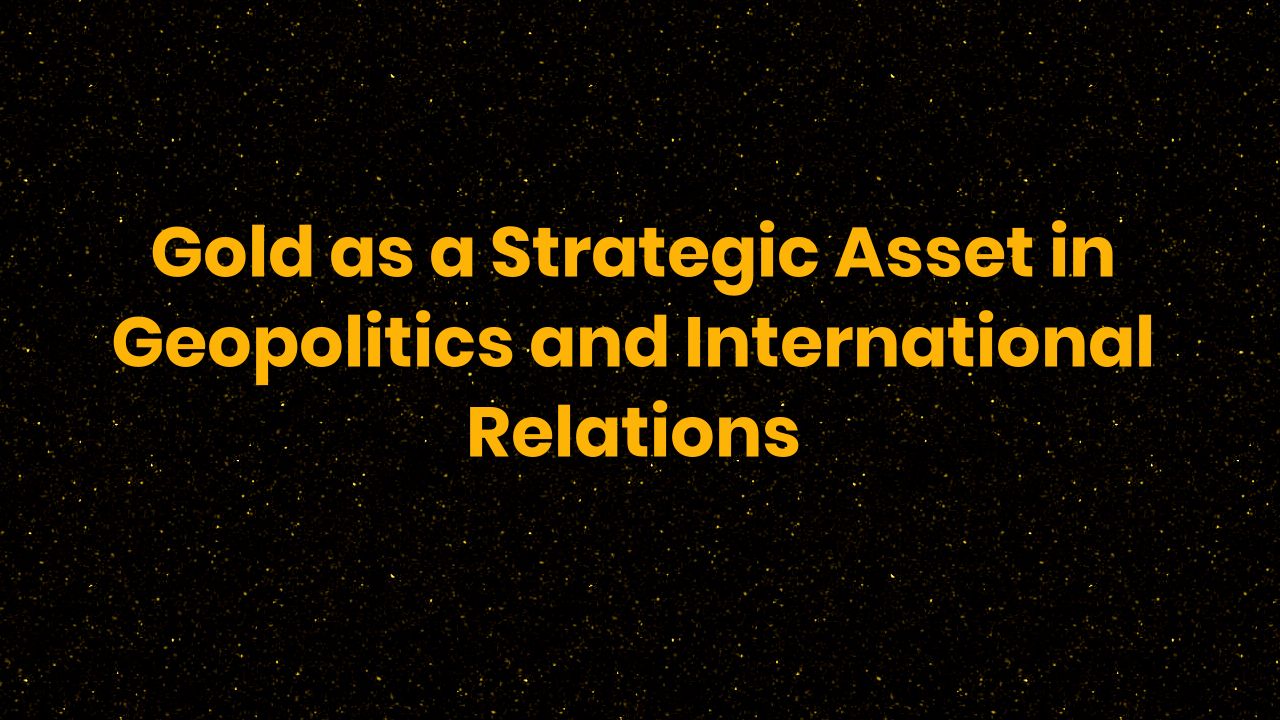
Table of Contents
The Historical Significance of Gold in International Relations
Gold has played a crucial role in international relations for centuries. The usage of gold as a medium of exchange dates back to ancient times, and since then, it has been seen as a symbol of wealth and power. Throughout history, gold enabled countries to trade and conduct commerce, leading to economic growth and prosperity. Furthermore, the transfer of gold was also an essential component of diplomacy and could serve as a gesture of goodwill between two nations. In times of conflict, gold has been a measure of monetary value and a means of financing wars.
The Shift towards Gold as a Reserve Asset
In recent years, there has been a shift in the role of gold, and it has emerged as a strategic reserve asset. Central banks, especially those of emerging economies, have been diversifying their foreign exchange reserves by increasing their gold holdings. This is because gold is a store of value that has no credit risk and its value is not dependent on any government or central bank. Furthermore, in a world where economic and political uncertainty is rampant, central banks are increasingly relying on gold as a safe haven asset.
Gold as a Hedge against Economic and Political Uncertainty
Gold has historically acted as a hedge against inflation and economic instability. It is also an ideal asset to hedge against geopolitical risks and market volatility, as its value typically increases when other assets, such as currencies and stocks, decrease in value. The ongoing trade disputes, geopolitical tensions and the implications of the Covid-19 pandemic have significantly increased uncertainty in financial markets, leading investors to turn towards gold as a safe haven asset.
The Role of Gold in Financial Diplomacy
Gold plays a vital role in financial diplomacy, especially in cross-border transactions. Governments use gold as a means of payment for international trade, especially when there is a lack of trust between trading partners. Gold can be an ideal medium of exchange as it is recognized universally and has a long history of performing this role. Furthermore, countries may also use gold to strengthen economic and diplomatic ties with other nations.
The Future of Gold in the Global Economy
The future of gold in the global economy remains bright. It will continue to play a strategic role as a reserve asset and will remain an essential asset in times of economic and geopolitical crisis. As the world becomes increasingly uncertain and geopolitical tensions continue to rise, demand for gold will remain high. Furthermore, with the current low-interest-rate environment, gold is an attractive asset for investors looking for a store of value.
Summary and Conclusion
In conclusion, gold is a strategic asset in geopolitics and international relations. Its historical significance, shift towards a reserve asset, role as a hedge and store of value against economic and political uncertainty and role in financial diplomacy make it an essential asset for governments and investors alike. With the ongoing global uncertainties, gold will continue to play a crucial role in ensuring financial stability and economic prosperity.





